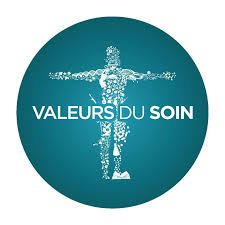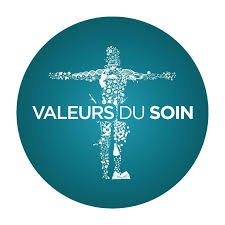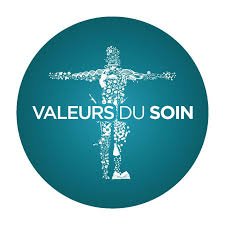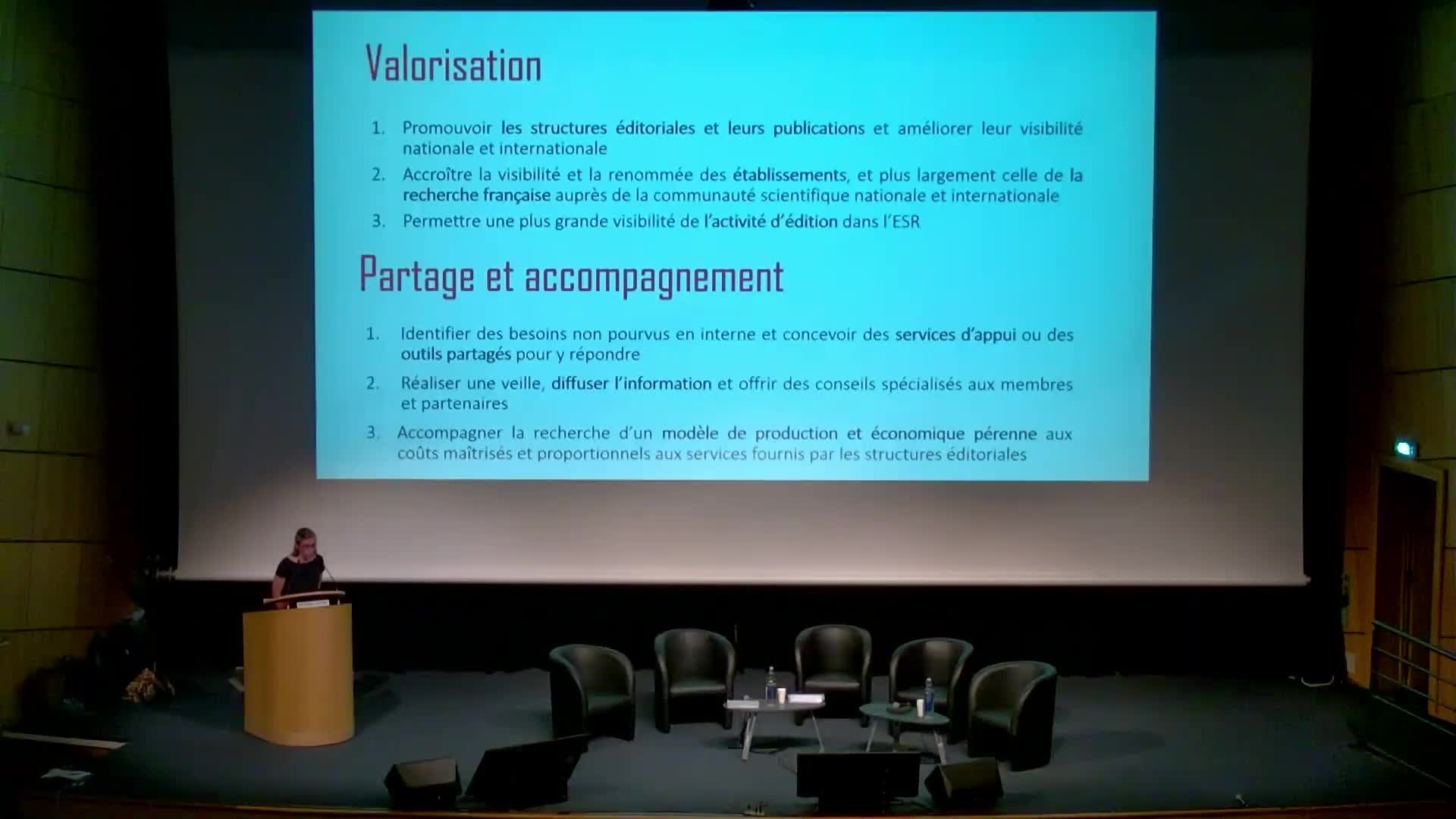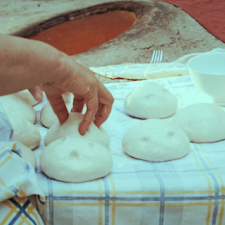Notice
FMSH
Sur le réseau RICEVE, par Veena DAS
- document 1 document 2 document 3
- niveau 1 niveau 2 niveau 3
Descriptif
Interview de la chercheuse Veena DAS lors de la journée scientifique internationale "Jusqu'où dire la violence qu'on explore ?"
Transcription du contenu du podcast
Vous écoutez Veena DAS. Elle est membre du Réseau international des chercheuses et chercheurs à l'épreuve des violences extrêmes, autrement nommé RICEVE.
"
So I'm Veena DAS and I teach at Johns Hopkins University. I study many things, but one of the very compelling questions I study is the relationship between extreme violence and everyday violence, and the manner in which these kinds of violence morph into each other. So the question of what, at the moment of spectacular violence might be very compelling, unfolds over a period of time into making the quotidian life and its textures.
The question of how you can tell the violence that you explore is a question that can't be answered in any formulaic way because it's the people who lead you to devise ways by which you can tell their story or not tell their story, or the way in which expression is found is a result of a constant experimentation with the questions of voice, with the questions of what is beyond voice and how do you learn to give some autonomy to the people who have suffered from violence and who you don't want to be. Not just for the traumatized, but you don't want the occasional violence to be something that makes their lives absolutely transparent and open to you.
One of the very important parts of the networks is that it has an open character, so it means that people can be sharing how they came to think about their problematic in relation to violence, but also they can be sharing the fact that those who study violence know that they are treated with a lot of suspicion because of this assumption that there is a fascination with violence so that maybe they are stuck on giving horror stories, which is not how… Most people who write on violence actually write with a lot of tact. But that requires, I think, some kind of ways in which these questions can be discussed in an open way. And the network would be very important to articulate some of these concerns.
You want to know about language and violence, but the point is neither of the two are transparent categories. And so part of what studying of violence does is that it makes us relook at the question of language itself, so that it's not a given. Our picture of language is tied up with questions of expressivity, so that there is a sense in which it's not just the words spoken, but it's also the gestures. It's the way that language is boarding forward. It's the manner in which everything that you say reveals something or not. It doesn't have to be a direct address to the violence. But your language gets formed in relationship to the experience of violence.
"
RICEVE est un réseau soutenu par la Fondation Maison des sciences de l'homme, réalisatrice de cette capsule produite en juin 2022.
Intervention / Responsable scientifique
Sur le même thème
-
-
00. Des comptables et des conteurs (Présentation avec Jean-Philippe Pierron)
PierronJean-PhilippeIntroduction à la série de podcasts "Aux Grands Remèdes les Petits Mots".
-
-
01. Le soin du détail (Avec Emilie Chanel)
PoncetRomainChanelEmilieCe podcast est proposé par la Chaire Valeurs du Soin, animé par Romain Poncet, ingénieur de recherche en sociologie.
-
-
-
02. Faire de son mieux (Avec Nathalie Vallet-Renart)
Vallet-RenartNathaliePodcast animé par Romain Poncet, ingénieur de recherche en sociologie.
-
-
05. Se plier en quatre (avec Marie Soulhac)
SoulhacMariePoncetRomainAnimation : Romain Poncet, ingénieur de recherche en sociologie.
-
03. Soignants ou Soi-Niant (Avec Sonia Benkhelifa)
BenkhelifaSoniaAnimation : Romain Poncet, ingénieur de recherche en sociologie.
-
Présentation de l'Alliance des éditeurs scientifiques publics français (Alef)
GuitonSéverineSéverine Guiton (France Universités), coordinatrice du projet, présente ici la structuration de l'Alliance Alliance des éditeurs scientifiques publics français.
-
Around the tanur I VO english subtitled
DahdahAssafMarsaudGaelA Yezidi family deals with exile, reconfigures kinship between France and Iraq, and tells its story.



